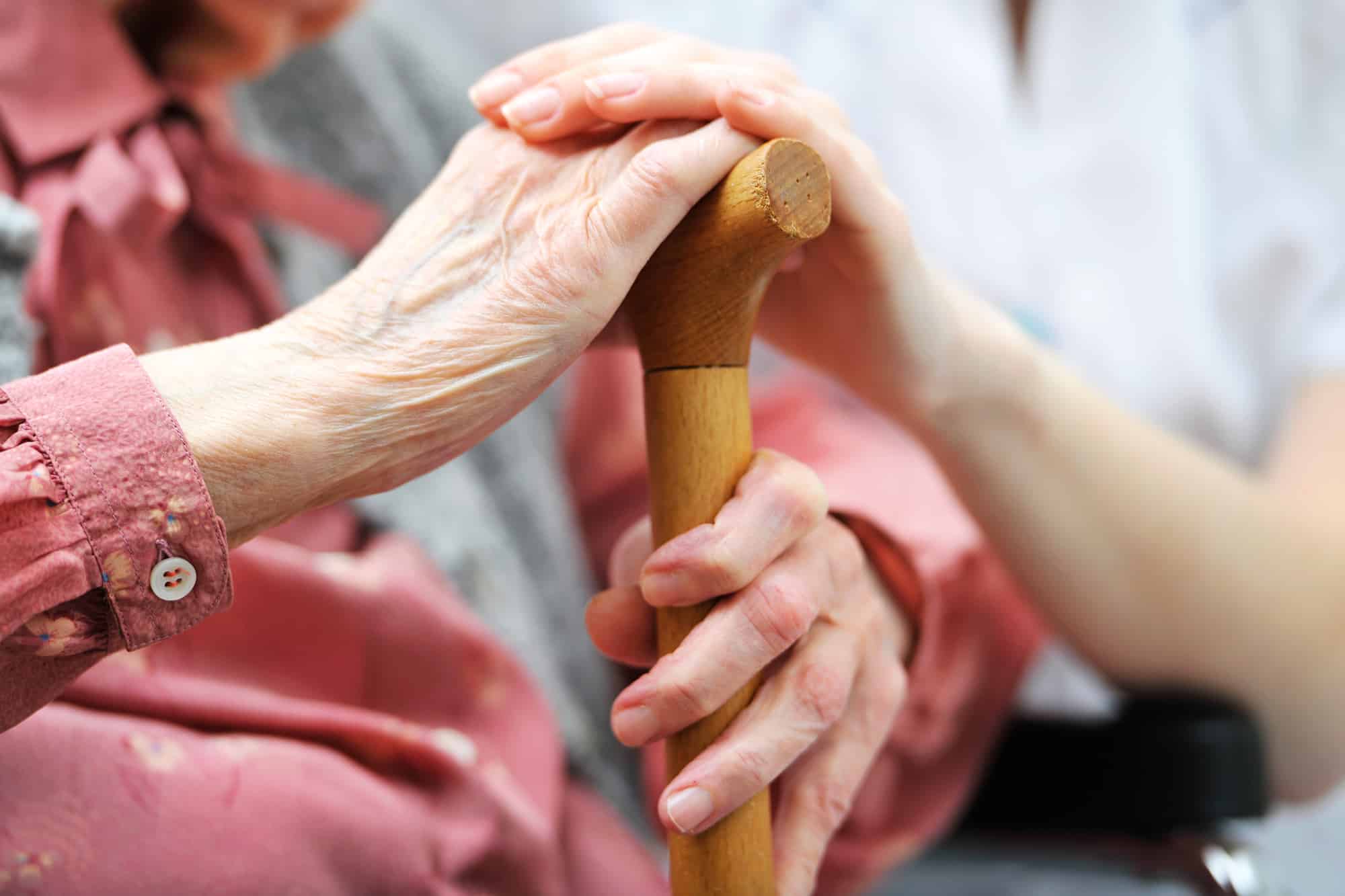Senior Home Care Orlando FL: Comprehensive In-Home Assistance for Seniors
Senior Home Care Orlando FL: Comprehensive In-Home Assistance for Seniors
Blog Article
Trick Considerations for Family Members When Choosing Appropriate Senior Citizen Care Solutions for Their Aging Loved Ones
Picking ideal elderly treatment solutions for maturing loved ones is a nuanced procedure that needs cautious consideration of several variables. Family members need to begin by examining the distinct needs of their loved ones, taking into consideration case histories, emotional health, and individual choices. The assessment of available treatment optionsâEUR" varying from in-home assistance to specialized facilitiesâEUR" must be balanced with an understanding of economic implications and safety and security worries. As households navigate these complex options, the role of open interaction and partnership can not be overstated, yet lots of neglect important aspects that could significantly affect the result.
Assessing Person Requirements

In addition, emotional and social requirements play a substantial duty in the health of senior citizens. An evaluation needs to think about the person's need for social involvement, hobbies, and assistance systems. Family members characteristics and the schedule of casual caregivers should also be factored right into the formula, as they can influence the sort of care that is most appropriate.
Reviewing Care Options

In-home treatment provides the benefit of acquainted surroundings and personalized interest, which can enhance convenience and emotional health. On the other hand, assisted living centers use a structured environment with accessibility to on-site healthcare and social activities, promoting neighborhood engagement. Nursing homes deal with those calling for extensive medical supervision, while grown-up daycare programs permit elders to engage in social tasks throughout the day, supplying respite for family caretakers.
It is critical to evaluate the team certifications, center licensing, and offered services in each choice. Furthermore, family members should look for responses from current homeowners or customers and assess the overall reputation of the care providers. Ultimately, choosing the best care choice is an essential choice that needs to mirror an equilibrium in between the elderly's needs, security, and lifestyle.
Recognizing Prices and Spending Plan
Navigating the monetary landscape of senior care can be complicated, as various choices useful link included differing expenses that can dramatically affect a family's budget. Understanding these expenses is vital for families to make educated choices relating to take care of their aging relatives.
Typical senior care remedies include at home treatment, assisted living facilities, and assisted living home, each with its very own rates framework. In-home care typically bills by the hour, while aided living often involves month-to-month rent plus added solution charges. Retirement home typically have higher costs because of the extensive healthcare provided. It is vital to think about not only the base prices yet also any hidden costs that might occur.
Producing a detailed budget that describes expected expenditures can aid family members identify the most suitable treatment solution while guaranteeing they stay within their financial ways. By thoroughly comprehending the expenses connected with each choice, households can better navigate this vital element of senior care planning.
Ensuring Safety and Safety
Ensuring other the safety and security and safety of senior citizens is critical in any care setup, as their susceptability usually calls for heightened attention and protective procedures. Family members need to examine the physical atmosphere of potential care facilities, looking for features such as secure entrances, well-lit corridors, and easily accessible fire escape. Furthermore, the existence of safety equipment, such as grab bars and non-slip flooring, can considerably decrease the risk of crashes.
History checks on personnel likewise make try this web-site sure that residents are cared for by reliable individuals. Monitoring systems, individual emergency situation feedback systems (PERS), and drop discovery devices offer tranquility of mind for family members and prompt aid for seniors.
Lastly, open interaction networks in between family members and care service providers are necessary. Routine updates pertaining to the health of elders, in addition to a clear strategy to care strategies, can foster depend on and ensure that security continues to be a central focus in the care given. By prioritizing these variables, families can make educated choices that shield their aging relatives.
Involving Household in Decision-Making

Households must start by freely interacting regarding the different care services offered, such as in-home care, helped living, or nursing centers. It is vital to evaluate the details needs of the aging relative, including clinical demands, wheelchair, and social involvement. By involving all pertinent relative, various perspectives and insights can be gathered, causing more informed choices.
Furthermore, household involvement helps in identifying potential caregivers and developing an assistance network. Normal household conferences can promote continuous discussions and adaptations as needs transform, allowing families to continue to be receptive to the evolving situations of their loved one. Ultimately, a collaborative decision-making process urges a feeling of common responsibility and ensures that the picked care service aligns with the family's vision for their aging relative's wellness and self-respect.
Conclusion
In conclusion, picking appropriate elderly care remedies necessitates an extensive evaluation of specific needs, offered treatment choices, and linked expenses. Focusing on safety within the living atmosphere and cultivating household participation in decision-making processes better improves the effectiveness of treatment. By straightening treatment options with the aging relative's case history, psychological needs, and personal preferences, families can produce an encouraging network that promotes health and dignified living for their liked ones in their later years.
Report this page